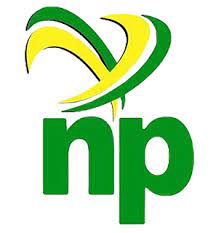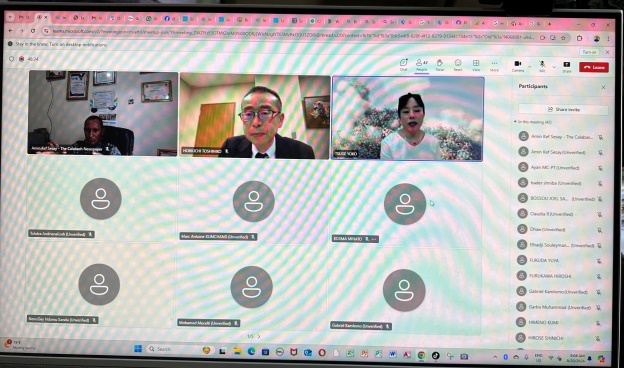By Alvin Lansana Kargbo
A farewell reception was held at the Bintumani Hotel in Freetown, on August 22, 2024, to honor 189 Sierra Leonean students who have been awarded scholarships by the Chinese Government to pursue academic programs in China. This event marked a significant milestone in their educational journey, symbolizing the deepening ties between Sierra Leone and The People’s Republic of China.
The ceremony was attended by high-profile dignitaries, including the Chinese Ambassador to Sierra Leone, Wang Qing, the Minister of Technical and Higher Education, Madam Ramatulai Wurie and other Government representatives.
In his address, Ambassador Wang Qing highlighted the event as a reflection of the strengthened political cooperation between China and Sierra Leone, emphasizing the revitalized comprehensive strategic partnership. He noted the upcoming Forecast Summit in early September, which is expected to further reinforce the longstanding friendship between China and Africa, fostering deeper unity and collaboration.
Ambassador Wang Qing spoke about the Chinese Government’s commitment to deepening reforms and promoting high-quality development. He encouraged the students to seize the opportunities presented by their studies in China, urging them to integrate into Chinese society and contribute to the growing relationship between the two nations.
“Your selection for this scholarship is a testament to your excellence and potential,” the Ambassador told the students. He advised them to focus on their studies, reminding them that they represent not only themselves but also their country. While praising the majority of past Sierra Leonean students for their commendable conduct, he cautioned the new batch to maintain discipline and avoid activities that could tarnish their country’s image.
Minister of Technical and Higher Education, Madam Ramatulai Wurie, lauded the Chinese Government’s unwavering commitment to Sierra Leone’s educational development. She highlighted that over 1,300 Sierra Leonean students have benefited from various Chinese scholarship programs, with more than 5,000 individuals receiving training in short-term courses.
The Minister also underscored the significance of the recent training of 25 University administrators and education officials, which has enhanced the capacity of higher education institutions in Sierra Leone. Additionally, she noted the Chinese Ambassador’s Scholarship, which has provided critical financial support to students, furthering their academic pursuits.
Looking ahead, Minister Ramatulai Wurie emphasized the importance of the upcoming Forum on China-Africa Cooperation as a platform for exploring new avenues of collaboration, particularly in education and human capital development. She also mentioned the recent state visit to China in February 2024, during which a Memorandum of Understanding was signed between a Chinese University and the University of Sierra Leone. This MOU, she said, aims to foster academic collaboration, research exchange and joint initiatives that will benefit the educational landscapes of both countries.
Addressing the scholarship recipients, the Minister reminded them of their role as ambassadors of Sierra Leone. She urged them to embrace the opportunities ahead with dedication and to return home equipped with the knowledge and skills necessary to contribute positively to Sierra Leone’s development.
As the students prepare to embark on their academic journey in China, the farewell event served as both a celebration of their achievements and a reminder of the responsibilities they carry as representatives of their nation.











